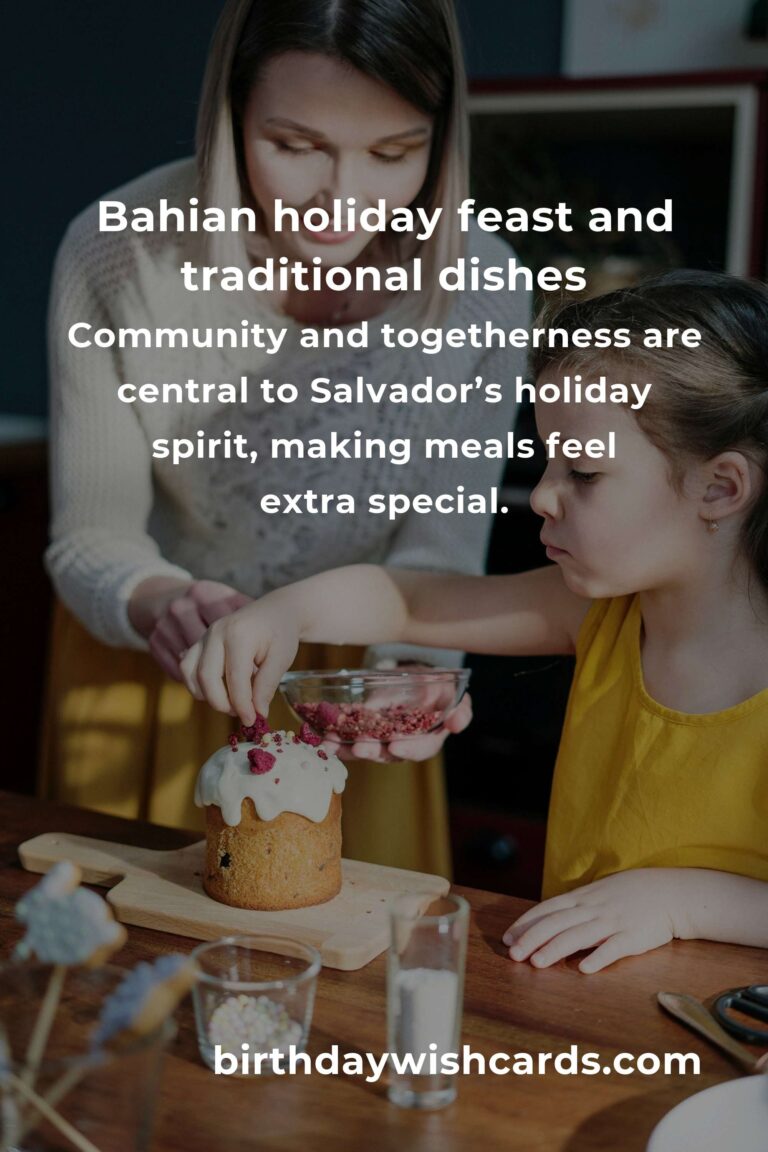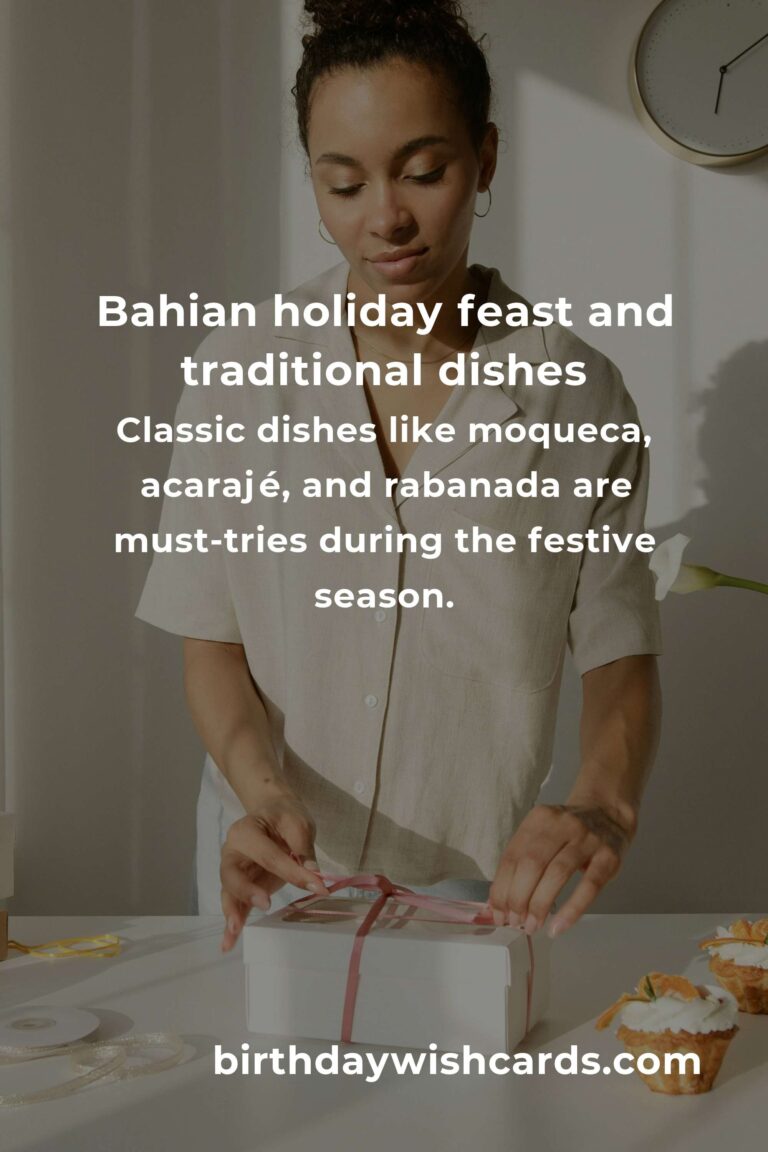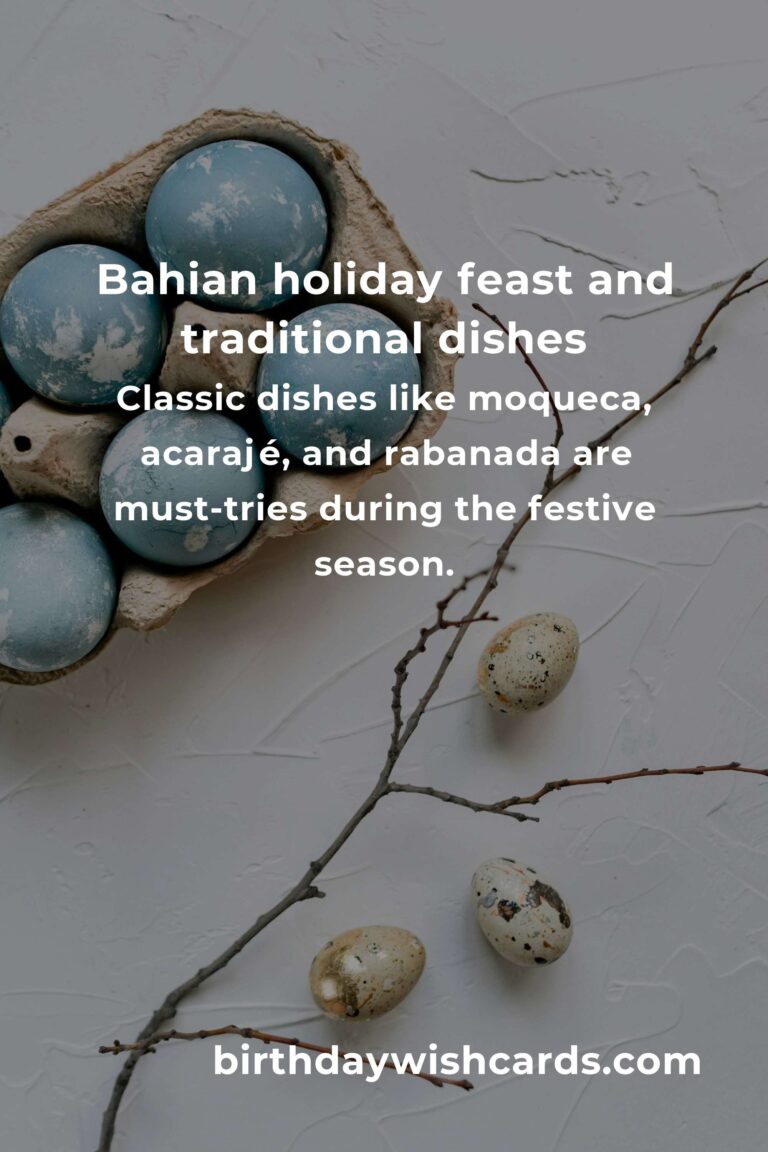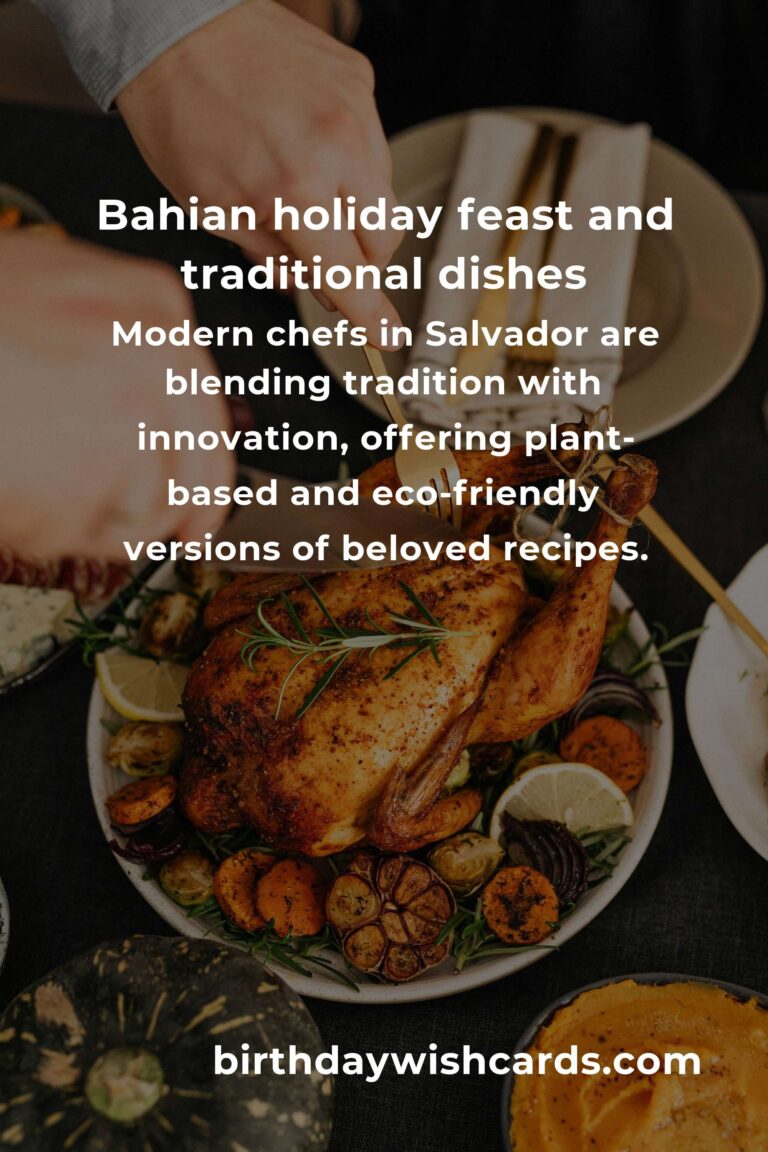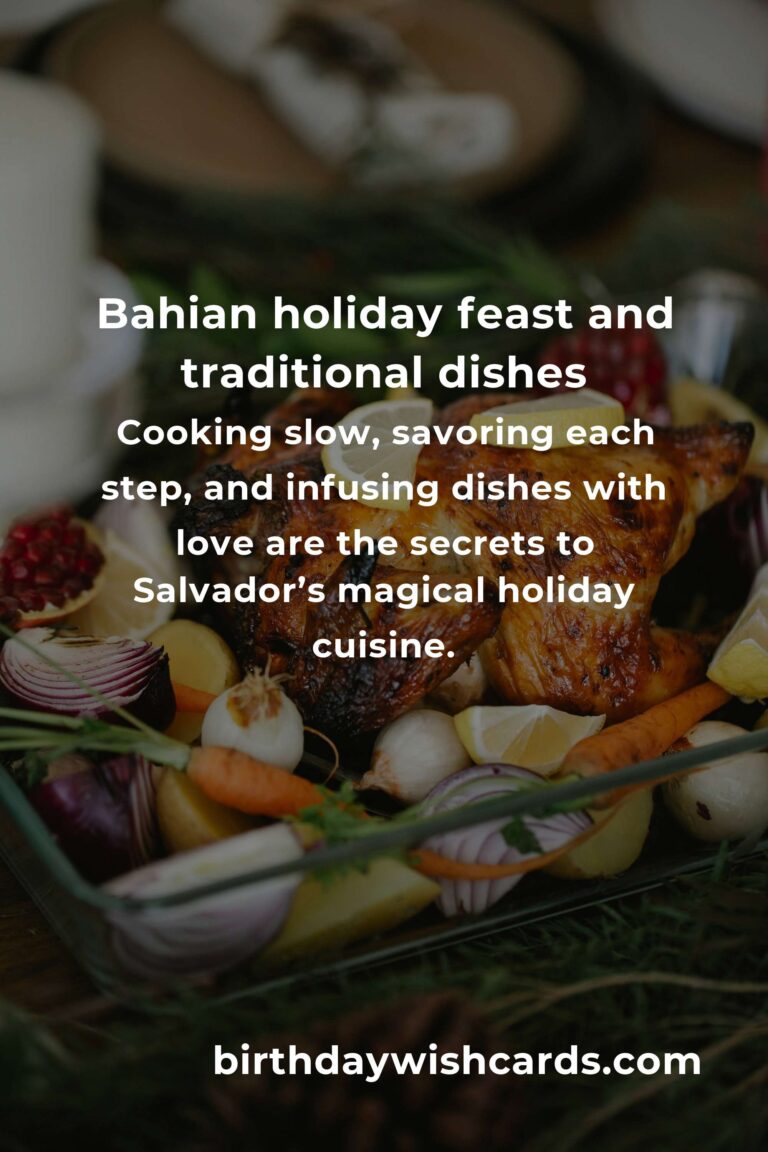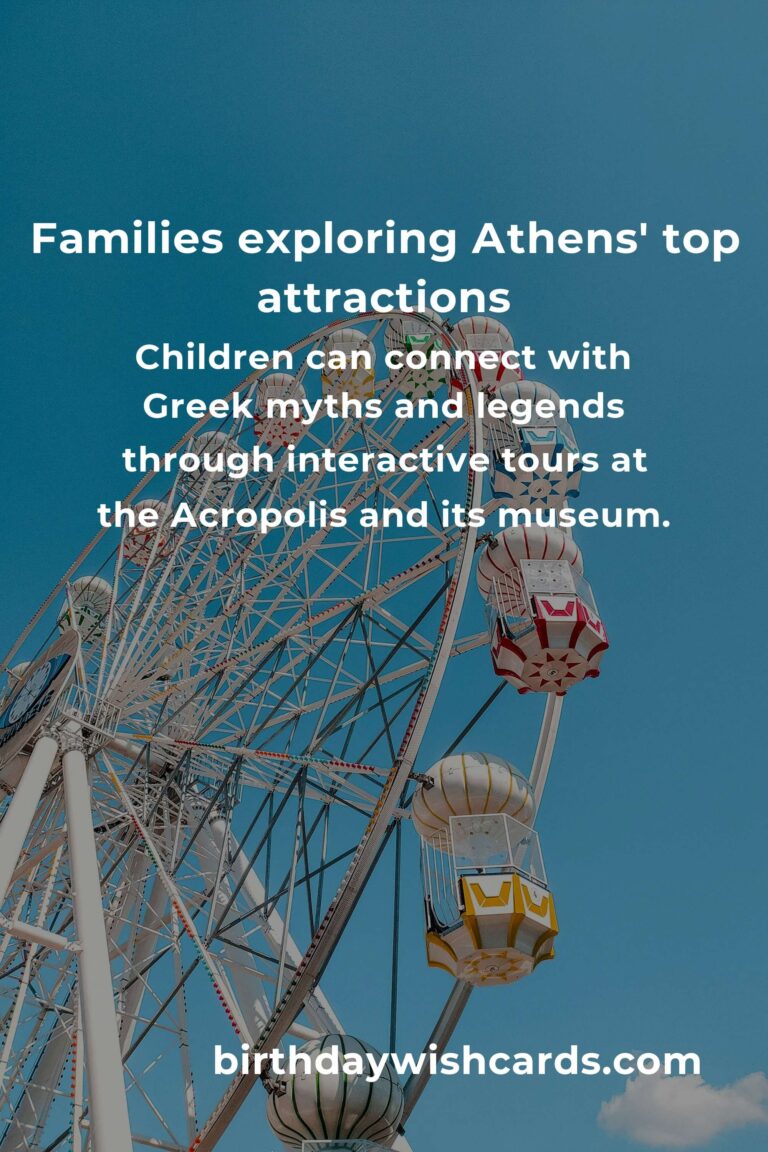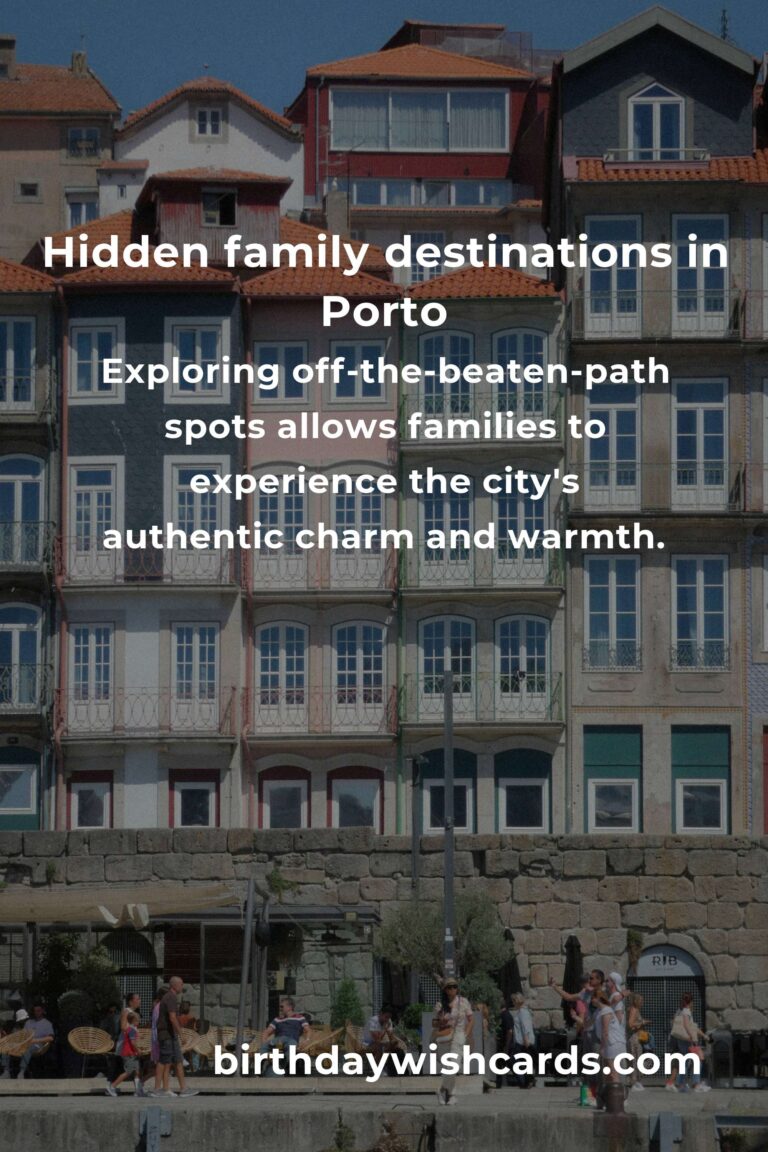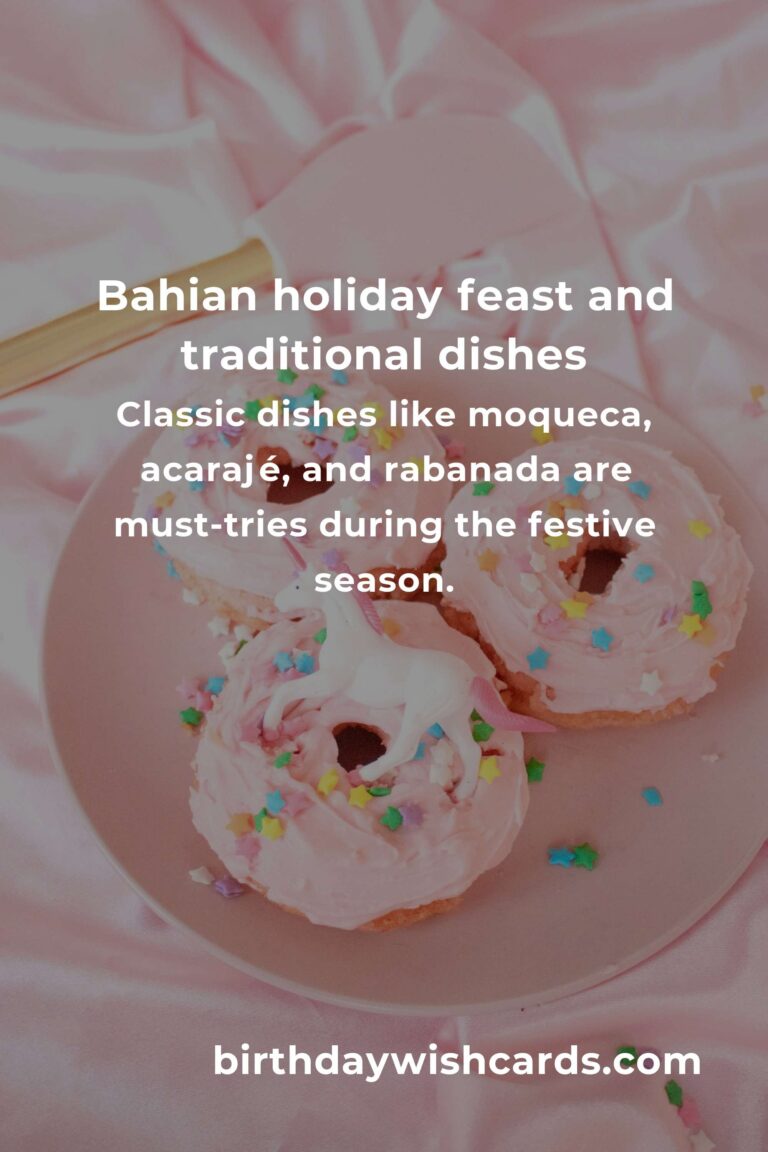
If you find yourself in Salvador, Bahia during the holidays, you’re in for a sensory treat. This coastal city is a melting pot of African, Indigenous, and Portuguese influences, which come alive through its vibrant holiday cooking. In 2025, Salvador’s kitchens are buzzing with energy, echoing centuries-old traditions and innovative new twists. From the fragrant aroma of dendê oil to the rhythmic pounding of mortars for moqueca, let’s explore the heart and soul of Salvador’s holiday cuisine—and how you can bring its magic to your own table.
Why Salvador’s Holiday Cooking Stands Out
Salvador’s festive food isn’t just about taste—it’s about community, storytelling, and honoring ancestors. The holiday season, especially around Christmas (Natal), New Year’s, and other Afro-Brazilian festivities, brings families together in homes and public squares. Here, food is the centerpiece, connecting generations and celebrating the city’s rich heritage. While Salvador is famous for its year-round cuisine, the holidays add a special layer of emotion and excitement.
The Key Ingredients That Define Salvador’s Festive Table
- Dendê Oil: This bright orange-red palm oil gives Bahian dishes their signature color and earthy, complex aroma.
- Coconut Milk: Creamy and sweet, coconut milk tempers the heat and earthiness of local spices.
- Seafood: Salvador’s coastal location means shrimp, crab, fish, and shellfish are often the star ingredients.
- Spices: Garlic, coriander, cumin, and malagueta peppers bring depth and gentle heat to dishes.
- Farofa: Toasted cassava flour, often sprinkled over main courses for a crunchy finish.
- Feijão Fradinho: Black-eyed peas, essential for festive dishes like acarajé and abará.
Holiday Classics You’ll Find in Salvador in 2025
1. Moqueca Baiana – The Heart of the Feast
This iconic fish stew, rich with coconut milk, dendê oil, bell peppers, onions, and tomatoes, is a holiday must-have. Served bubbling hot and often accompanied by rice and farofa, moqueca brings families together. Each cook puts their own spin on the recipe, sometimes adding shrimp, crab, or even lobster for special occasions.
2. Acarajé – Street Food With Soul
Acarajé is more than food—it’s a symbol of Salvador’s Afro-Brazilian identity. These crispy black-eyed pea fritters, fried in dendê oil and stuffed with vatapá (a spicy shrimp and peanut paste), caruru (okra stew), and salad, are a popular street snack during the holidays. You’ll find baianas in traditional white lace dresses selling them at every corner, often with music and laughter in the air.
3. Peru de Natal – Brazilian Christmas Turkey
While turkey might sound familiar, Salvador’s version is uniquely seasoned with local herbs, citrus, and sometimes even a splash of cachaça. It’s often served alongside farofa studded with raisins, bacon, and nuts, making for a truly festive centerpiece.
4. Vatapá – Creamy and Comforting
This creamy stew, made from bread, shrimp, peanuts, cashews, coconut milk, and dendê oil, is a holiday staple. It’s typically served alongside rice, acarajé, or abará (a steamed variation wrapped in banana leaves). The flavors are bold and comforting, perfect for gathering loved ones around the table.
5. Rabanada – Bahian French Toast
No holiday table in Salvador is complete without rabanada. This sweet treat, similar to French toast, is soaked in coconut milk, fried, and then dusted with cinnamon and sugar. It’s a nostalgic dessert that both children and adults look forward to every year.
6. Caruru – Okra Stew With Attitude
Caruru brings together okra, dried shrimp, onions, and dendê oil to create a dish packed with flavor and tradition. It’s often served as part of holiday banquets, especially during celebrations honoring Afro-Brazilian orixás (deities), reflecting Salvador’s deep-rooted spiritual heritage.
Festive Drinks to Toast the Season
- Batida de Coco: A creamy, coconut-based cocktail often served chilled, sweetened with condensed milk and spiked with cachaça.
- Caipirinha de Frutas: The classic Brazilian cocktail gets a holiday twist with tropical fruits like passionfruit, mango, or pineapple.
- Quentão: Though more common in Southern Brazil during Festa Junina, this spiced hot drink made with cachaça, ginger, and cloves makes a warming holiday treat in Salvador’s cooler evenings.
Modern Twists on Traditional Favorites in 2025
While tradition runs deep, Salvador’s younger chefs are innovating with plant-based moquecas, gluten-free farofas, and sustainable seafood. Trendy restaurants in neighborhoods like Rio Vermelho and Santo Antônio Além do Carmo are focusing on zero-waste cooking and locally sourced ingredients, ensuring holiday feasts are both delicious and eco-friendly.
Where to Experience the Best Holiday Cooking in Salvador
1. Restaurante Dona Mariquita
Located in Rio Vermelho, this beloved eatery is famous for its authentic Bahian cuisine and festive atmosphere. Their holiday menu features all the classics, using recipes passed down through generations.
2. Casa de Tereza
Chef Tereza Paim’s restaurant is a pilgrimage site for food lovers. During the holidays, expect creative twists on moqueca and vatapá, as well as caramelized rabanada for dessert.
3. Mercado do Rio Vermelho (Ceasinha)
This bustling market is the heart of Salvador’s food scene. Here, you can sample street food like acarajé and abará, pick up fresh ingredients, and watch holiday cooking demonstrations from local chefs.
How to Bring Salvador’s Holiday Spirit Into Your Home
1. Gather Your Family and Friends
At its core, Salvador’s holiday cooking is about togetherness. Invite loved ones to join in prepping, cooking, and sharing stories. The communal spirit is as important as the food itself.
2. Source Authentic Ingredients
If you’re outside Brazil, seek out specialty stores or online markets that sell dendê oil, cassava flour, dried shrimp, and coconut milk. These ingredients are essential for true Bahian flavor.
3. Embrace the Rituals
Take your time. Many holiday dishes in Salvador involve slow cooking, marinating, and tender preparation. Enjoy the process, listen to Bahian music, and let the aromas fill your home.
4. Infuse Every Dish With Love
Holiday food in Salvador is made with intention and care. Whether you’re making moqueca or rabanada, cook with joy and gratitude—that’s the secret ingredient that makes every bite memorable.
Bahian Holiday Cooking: More Than Just a Meal
In Salvador, food is a bridge between the past and present, between diverse cultures and beliefs. Every dish tells a story—of resilience, creativity, and celebration. In 2025, as Salvador continues to evolve, its holiday cooking remains a testament to the city’s vibrant soul and unbreakable bonds of family and community.
No matter where you are in the world, bringing a taste of Salvador to your holiday table is a delicious way to honor tradition, spark joy, and create lasting memories. So light a candle, share a toast, and let the flavors of Bahia fill your heart and home this festive season.
Holiday Recipes to Try at Home
Moqueca Baiana (Bahian Fish Stew)
Ingredients:
- 2 lbs firm white fish (grouper or snapper, cut into pieces)
- Juice of 2 limes
- Salt and pepper to taste
- 2 tbsp dendê oil
- 2 cups coconut milk
- 1 large onion, sliced
- 1 bell pepper, sliced
- 2 tomatoes, sliced
- 4 cloves garlic, minced
- 1 bunch cilantro, chopped
Instructions:
- Marinate fish in lime juice, salt, and pepper for 30 minutes.
- In a large pot, layer onions, peppers, tomatoes, and fish. Add garlic and cilantro.
- Pour coconut milk and dendê oil over the top. Simmer gently for 20–25 minutes until fish is cooked through.
- Serve hot with rice and farofa.
Rabanada (Bahian French Toast)
Ingredients:
- 1 baguette, sliced
- 2 cups coconut milk
- 3 eggs
- 2 tbsp sugar
- 1 tsp cinnamon
- Oil for frying
Instructions:
- Soak bread slices in coconut milk for a few minutes.
- Beat eggs in a bowl. Dip soaked bread into eggs.
- Fry in hot oil until golden brown.
- Sprinkle with cinnamon and sugar. Serve warm.
Final Thoughts: Savor the Moment
Whether you’re an experienced cook or a holiday enthusiast, Salvador’s festive cuisine offers inspiration, warmth, and connection. In 2025, open your heart to new flavors and traditions—because the best holiday moments are those shared around a table, filled with love, laughter, and the unforgettable tastes of Bahia.
Salvador’s holiday cooking is a celebration of culture, family, and tradition, bringing people together in a joyful feast.
The use of unique ingredients like dendê oil and coconut milk gives Bahian dishes their unforgettable flavor and color.
Holiday feasts in Salvador are not just about the food—they’re about storytelling, honoring ancestors, and creating memories.
Classic dishes like moqueca, acarajé, and rabanada are must-tries during the festive season.
Modern chefs in Salvador are blending tradition with innovation, offering plant-based and eco-friendly versions of beloved recipes.
Community and togetherness are central to Salvador’s holiday spirit, making meals feel extra special.
Festive drinks like batida de coco and caipirinha de frutas add a fun and refreshing twist to celebrations.
Cooking slow, savoring each step, and infusing dishes with love are the secrets to Salvador’s magical holiday cuisine.
Visiting Salvador’s local markets or iconic restaurants during the holidays is a feast for all the senses.
Recreating Salvador’s holiday recipes at home is a meaningful way to connect with its vibrant culture and celebrate with loved ones.
#HolidayCookingSalvador #BahianCuisine #FestiveFlavors #FamilyTraditions #Salvador2025 #BrazilianHolidays #Moqueca #Acarajé #FoodCulture #TasteOfBahia


